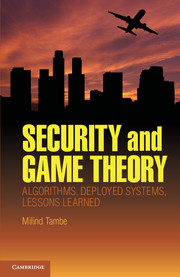In my Point-of-View article, entitled “Cognitive dynamic systems,” Proceedings of the IEEE, November 2006, I included a footnote stating that a new book on this very topic was under preparation. At long last, here is the book that I promised then, over four years later.
Just as adaptive filtering, going back to the pioneering work done by Professor Bernard Widrow and his research associates at Stanford University, represents one of the hallmarks of the twentieth century in signal processing and control, I see cognitive dynamic systems, exemplified by cognitive radar, cognitive control, and cognitive radio and other engineering systems, as one of the hallmarks of the twenty-first century.
The key question is: How do we define cognition? In this book of mine, I look to the human brain as the framework for cognition. As such, cognition embodies four basic processes:
perception–action cycle,
memory,
attention, and
intelligence,
each of which has a specific function of its own. In identifying this list of four processes. I have left out language, the fifth distinctive characteristic of human cognition, as it is outside the scope of this book. Simply put, there is no better framework than human cognition, embodying the above four processes, for the study of cognitive dynamic systems, irrespective of application.
